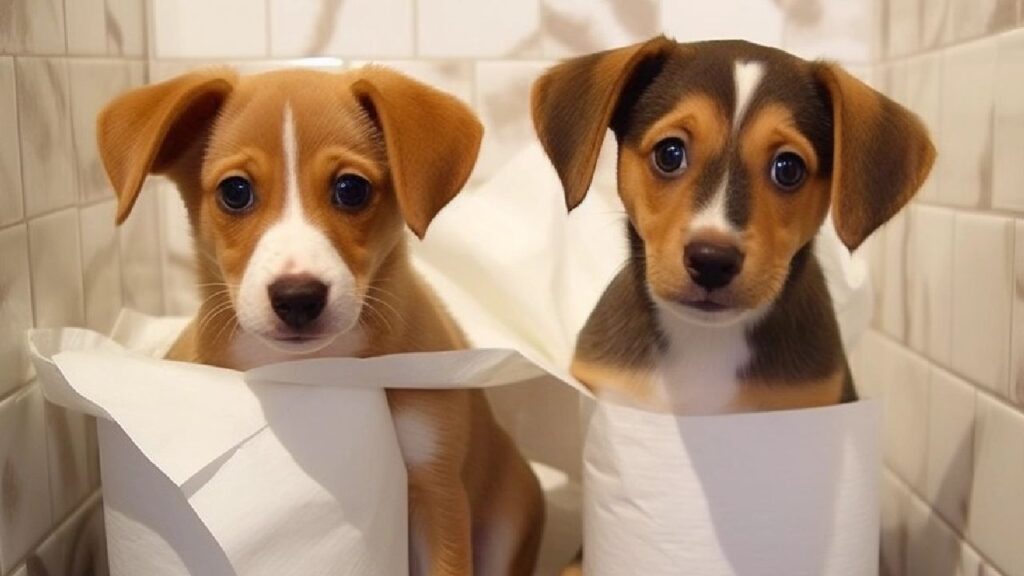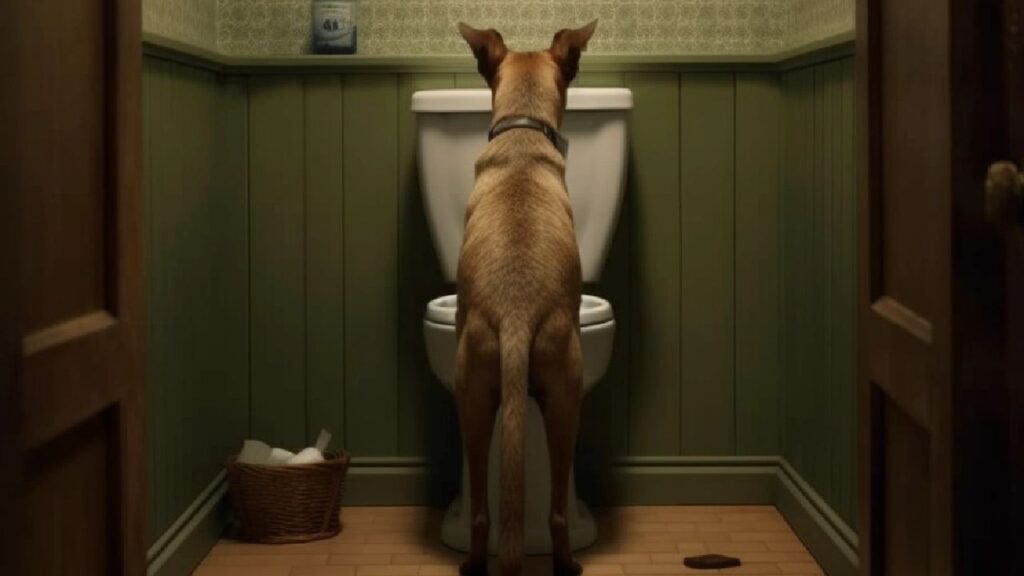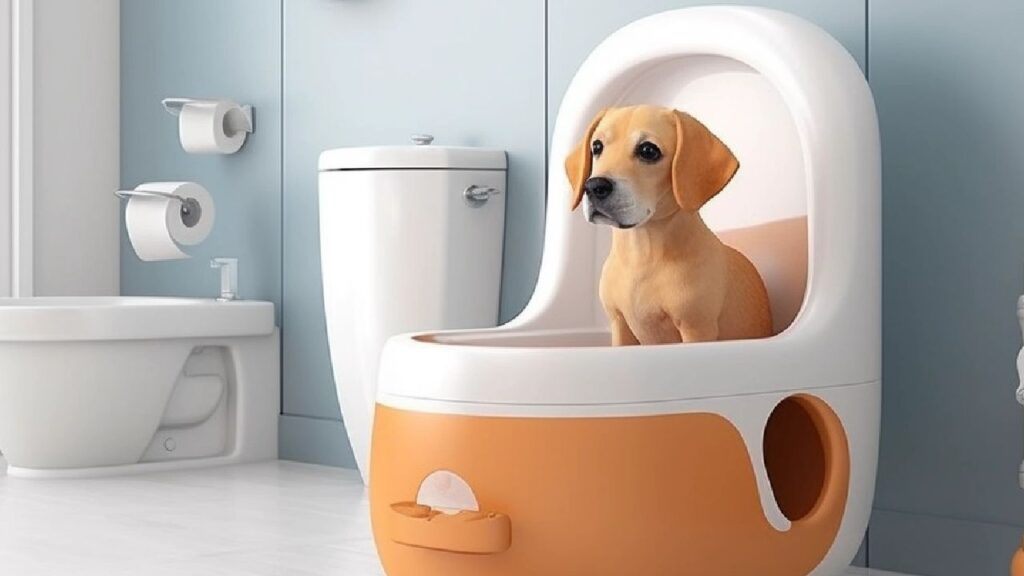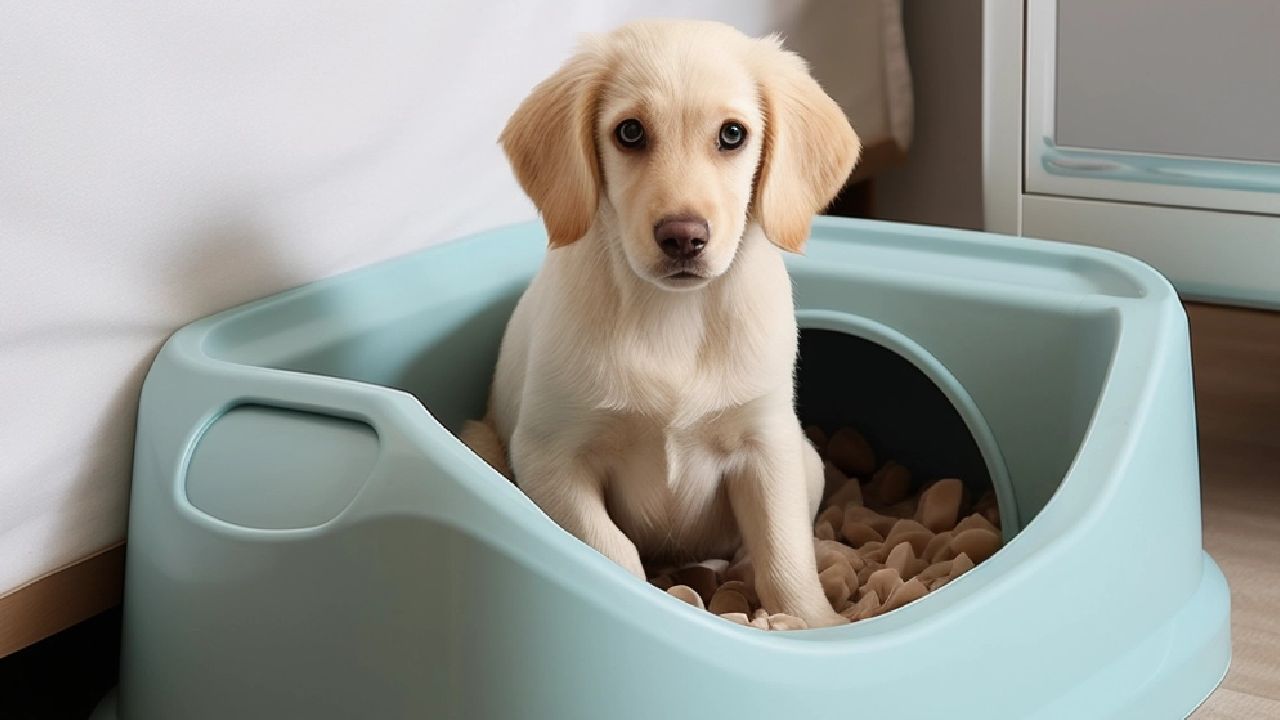Bringing home a new puppy is an exciting adventure, but it can also come with its fair share of challenges. One common frustration many puppy owners face is the issue of their furry friend consistently peeing in the house.
In this article, we’ll delve into the reasons behind this behavior and provide valuable insights on how to end those unwanted accidents. Let’s make house training your puppy a breeze!
How Often Should Puppies Go Out to Pee?
When puppies are little, they don’t have excellent bladder control—just like human babies. But as they age, bladder control in puppies improves, and they can hold their urine for much longer. When you first bring home a puppy, usually at around eight weeks old, take her out every 30–60 minutes for the first week or two.
This will help prevent the puppy from peeing in the house and help her get used to going to the bathroom outside.
In general, the number of hours puppies can hold their urine equals their age (in months) plus one. So, a 2-month-old puppy can theoretically have her bladder for about three hours.

Puppy Bladder Control
- 2 Months (8 Weeks) Old: Every 1 to 2 hours, plus after naps, meals, and playtime.
- 3 Months (12 Weeks) Old: Maintaining a routine every 2 to 3 hours.
- 4 Months (16 Weeks) Old: Typically, every 3 to 4 hours during the day. Adjust based on your puppy’s signals.
Consistency is key to successful house training as puppies develop better bladder control with age.
Why Does My Puppy Pee in the House?
Puppies peeing in the house is a common issue many dog owners face. Understanding the reasons behind this behavior is essential to address and prevent it effectively.
- Incomplete House Training: Puppies need time and guidance to learn where it’s acceptable to relieve themselves. Accidents can happen during this learning process.
- Marking Territory: Unneutered male puppies may engage in territorial marking behavior indoors, especially when they sense the presence of other animals.
- Excitement or Anxiety: Overexcitement or anxiety can cause puppies to lose control of their bladders. Greetings from family members or visitors can trigger this reaction.
- Insufficient Outdoor Breaks: If your puppy cannot go outside, they may resort to indoor accidents.
- Medical Issues: Health problems like urinary tract infections can increase urination and accidents. If your puppy’s accidents are frequent or sudden, consult a veterinarian.
With patience, consistent training, and positive reinforcement, you can help your puppy develop good bathroom habits and reduce or eliminate indoor accidents.
What Are the Signs That a Puppy Needs To Go Out?
Signs that your puppy needs to go out include restlessness or whining, sniffing and circling, squatting, or scratching or pawing at doors or you. These behaviors often indicate that your puppy is ready to relieve themselves.
Paying attention to these cues and promptly taking your puppy outside when you notice them will help prevent indoor accidents and reinforce good bathroom habits.

What To Do if a Puppy Is Peeing in the House?
If your puppy has already developed a habit of peeing indoors, don’t fret. There are steps you can take to rectify the situation:
Active Supervision
Active supervision is the first step in preventing your puppy from peeing in the house. Keep a close eye on your pup to catch accidents before they happen. This allows you to respond quickly and redirect them to the appropriate outdoor bathroom area.
Positive Reinforcement
Use positive reinforcement to reward your puppy when they pee outside. Praise them enthusiastically and offer treats as a reward. This positive association encourages them to repeat the desired behavior.
Establish a Consistent Routine
Set a consistent schedule for feeding and bathroom breaks. Take your puppy outside after meals, playtime, waking up from naps, and before bedtime. Predictable routines help your puppy anticipate when it’s time to go outside.
Thorough Cleaning
Accidents can leave lingering scents that attract your puppy to the same spot. Use enzymatic cleaners to clean any indoor accidents thoroughly. This helps eliminate odors and discourages repeat offenses.
Consider Crate Training
Crate training can be an effective tool to prevent unsupervised accidents. Dogs naturally avoid soiling their sleeping area, so a correctly sized crate can help them learn bladder control.
Following these steps and maintaining patience and consistency, you can successfully stop your puppy from peeing in the house and foster good house training habits.

What to Do If Your Puppy Is Peeing in the House When You’re Gone?
If your puppy is peeing in the house when you’re away, here are some steps to take:
- Confine Your Puppy: Use a puppy playpen or designate a specific area with pee pads for bathroom needs when you’re not around.
- Gradual Alone Time: Increase the time your puppy spends alone gradually, allowing them to build confidence and bladder control.
- Crate Training: Consider crate training if done correctly, as it can help prevent accidents. Ensure the crate is comfortable and not used as punishment.
- Avoid Punishment: Never punish your puppy for accidents when you’re not there; it can create fear and anxiety.
With this advice, you can address the issue of indoor accidents when you’re not home and aid in your puppy’s house training.
Conclusion
House training your puppy can be challenging, but you can overcome this hurdle with patience, understanding, and the proper techniques. By recognizing the signs, addressing the underlying causes, and implementing a consistent routine, you’ll be well on your way to a house-trained and happy puppy.

FAQs
How long does it take to house-train a puppy?
House training duration varies, but most puppies get the hang of it within 4 to 6 months. Consistency and positive reinforcement play a significant role.
Is it normal for puppies to have accidents indoors?
Yes, occasional accidents are expected during the house training process. Puppies have small bladders and may need to fully grasp the concept initially.
Should I punish my puppy for indoor accidents?
No, avoid punishment. Instead, use positive reinforcement to encourage desired behavior. Punishment can lead to anxiety and confusion.
Are certain breeds more challenging to house-train than others?
While some breeds may be more stubborn or independent, any puppy can be successfully house-trained with the right approach and consistency.
Should I be concerned if my house-trained puppy suddenly starts having accidents indoors?
If your previously house-trained puppy starts having accidents indoors, it could be a sign of an underlying issue, such as a urinary tract infection or a change in routine. It’s essential to monitor your puppy and consult a veterinarian if the behavior persists or if there are other symptoms like increased thirst or discomfort during urination.






The struggle is real! Our new puppy thinks the whole house is her bathroom. Your tips are a game-changer.